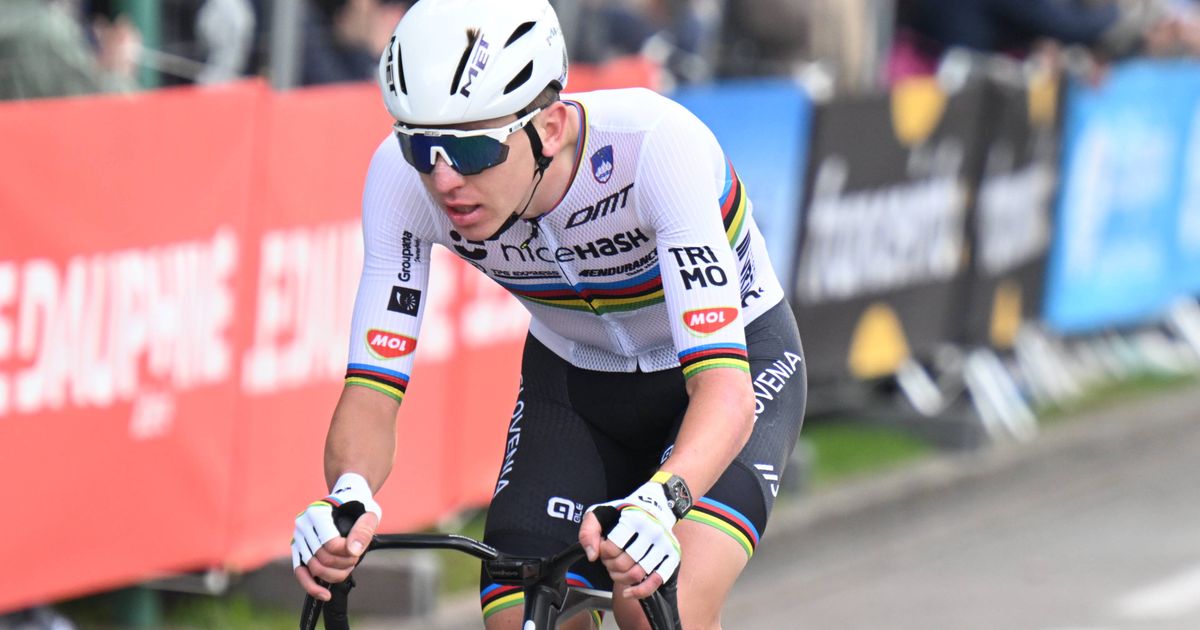And for him, this isn’t simply about a generational rider — it’s about the structure surrounding him. “UAE’s domination also raises questions for the rivals. When a team signs the best young talents, has the means to optimise everything, and perhaps operates in a financial frame different from teams sponsored by traditional companies, it ends up destabilising the market.”
The reality, he argues, is stark: WorldTour survival requires investment levels far beyond what many long-standing sponsors can sustain. “To exist today inside the world’s top 10, you need a budget that has doubled compared to five years ago. That’s not sustainable for everyone.”
“A massive influx of money has blown everything up”
Voeckler believes the financial transformation of the past five years has reshaped the sport far more radically than most fans appreciate. “A massive influx of money has blown everything up: salaries, budgets, demands. Some domestiques don’t even benefit from it. Many companies can no longer invest in cycling as before: the amounts are too high.”
Talk of possible solutions — salary caps, budget caps, redistribution — hasn’t convinced him that a neat fix exists. “I think about it, but I don’t have a miracle solution. A budget cap could help, but it would need a shared will, and rugby shows that even with a salary cap, there can be loopholes. Putting the brakes on this inflation would help, but it would require huge coordination between teams, the UCI and organisers.”
And until that happens, he says, a small cluster of riders and teams will continue to monopolise points. “A handful of riders monopolise the victories and therefore the points. Without one or two big leaders capable of fighting for the win every time, it’s almost impossible to compete in the nations ranking today.”
Paid roadside access? “We must preserve cycling’s free spirit”With fresh debate emerging around potential revenue streams such as paid access on iconic Tour de France climbs, Voeckler was categorical in his rejection of the idea. “I think we must preserve cycling’s free access: it’s a powerful symbol.”He sees limited, premium hospitality zones as acceptable, but warns against touching the defining feature of the Tour. “You could imagine a few very limited premium zones to attract partners or decision-makers… but if you ask Christian Prudhomme to charge for the last 5 kilometres of Alpe d’Huez, you won’t stay long in his office.”
And he reminded fans that TV income alone cannot solve the structural imbalance. “Many races pay to be broadcast. Big organisers make money on some events, but lose money on many others. Redistribution might help, but it won’t rebalance the power between a team like UAE and a more modest formation.”
Voeckler’s wish for 2026: suspense, finally
In perhaps the most revealing line of the interview, Voeckler admitted what a certain section of fans have long felt. “A bit more suspense… I adore Pogacar, but when he starts a race, the suspense is often limited.”
That reality, he added, already shapes race calendars. “It pushes some riders to avoid events where he is present, except the Tour where everyone must go.”
But he remains upbeat about France’s prospects. “We have many young riders capable of stepping up: Romain Gregoire, Kevin Vauquelin, Paul Magnier… If some of them reach that next level and become regular outsiders, or more, we’ll have a great season. A more open, more unpredictable 2026: that would be perfect.”
